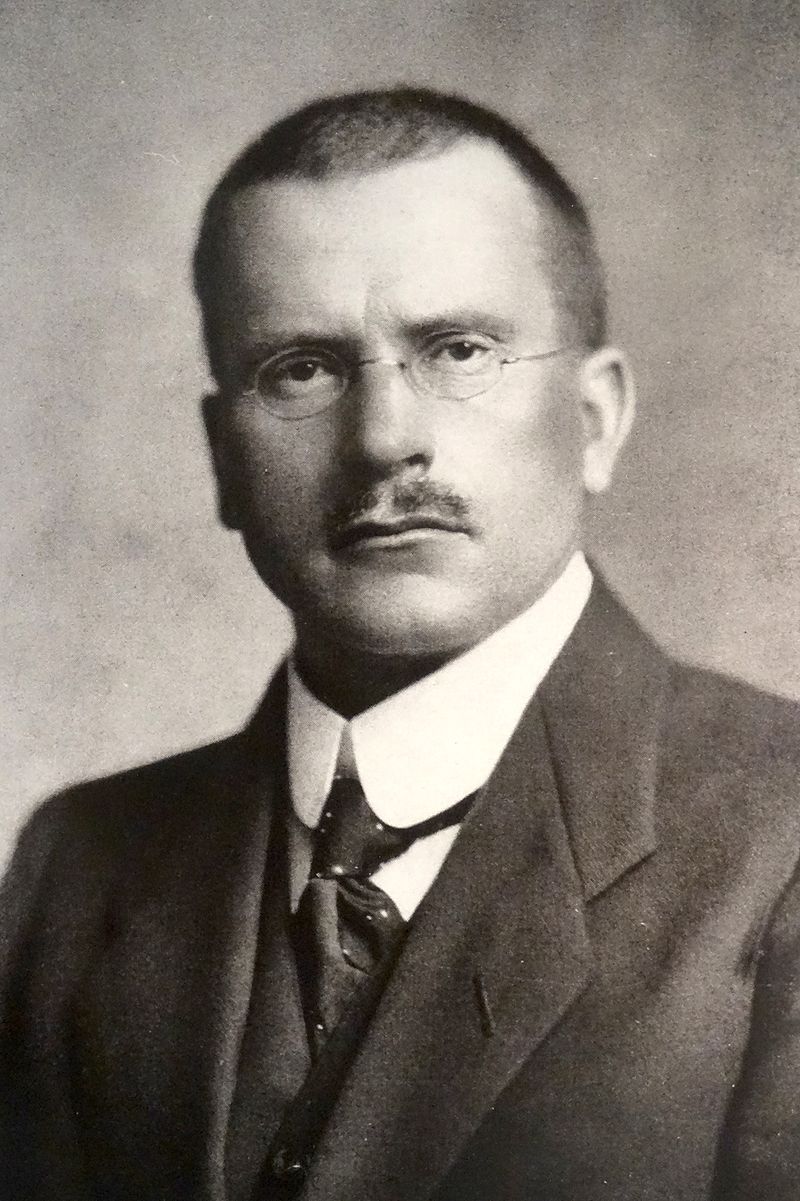What is Trait Theory?
Trait theory focuses on the importance of human traits in the study of human personality. Traits are various characteristics that people possess, which can influence their thoughts, behavior, and emotions. Trait theorists maintain that individual personalities are formed from a combination of different traits, which vary from one person to another. Gordon Allport is considered a pioneer of trait theory, and he identified three main categories of human traits: cardinal traits, central traits, and secondary traits. Over the years, several trait theories have emerged, including the Big Five personality traits, Eysenck personality questionnaire, Guilford’s structure of intellect, and Gray’s biopsychological theory of personality.
What is Type Theory?
Type theory emphasizes the importance of distinct personality types. Type theorists focus on individual physique and temperaments, and there are many classifications that fall under type theory. All type theories suggest that individual personalities belong to a specific category. The earliest concept of type theory comes from the work of Hippocrates, who spoke of the four humors known as sanguine, phlegmatic, choleric, and melancholic. Later on, the Type A and Type B theory emerged, dividing people into two groups: Type A referred to those who are goal-oriented, while Type B referred to those who are easy-going. Carl Jung, William Sheldon, and Ernest Kretschmer also introduced different type theories.
Key Takeaways
- Trait theory focuses on human traits, while type theory focuses on different types of personality.
- Psychologists generally favor trait theory over type theory, as type theory is now considered an oversimplification of human personality.
- Trait theory is open to the diversity of characteristics, while type theory tries to categorize people under a single label.
